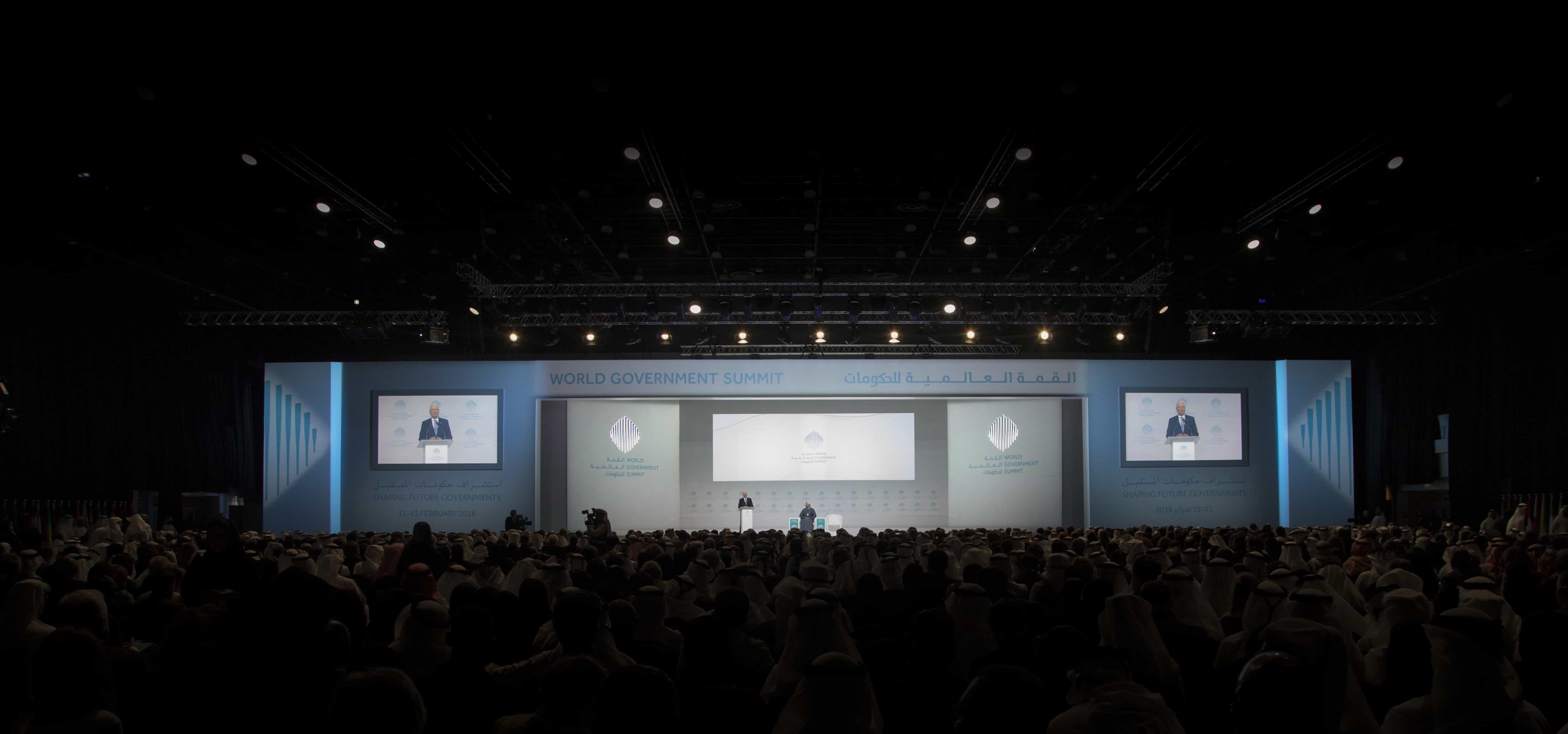
Joseph E. Aoun, a leader in higher education policy and internationally renowned scholar in linguistics, is the seventh President of Northeastern University. A respected voice on the value of global and experiential education, President Aoun has enhanced Northeastern’s signature co-op program and strategically aligned the University’s research enterprise with three global imperatives—health, security, and sustainability. Northeastern’s faculty focus on interdisciplinary research, entrepreneurship and on transforming research into commercial solutions that address the world's most pressing problems. During Aoun's presidency, Northeastern has established a network of graduate campuses and has amassed one of the largest libraries of online and hybrid professional masters programs of any university in the U.S.
President Aoun received his Ph.D. in linguistics and philosophy from the Massachusetts Institute of Technology and advanced degrees from the University of Paris (France) VIII and Saint Joseph University (Beirut, Lebanon). He has published seven books and written more than 40 articles.
Aoun holds an Honorary Degree of Doctor of Humane Letters, American College of Thessaloniki and Honorary Degree of Doctor of Humane Letters, honoris causa, Hebrew Union College – Jewish Institute of Religion. President Aoun was named a Chevalier dans l’Ordre des Palmes Academiques by the French government, and in 2011 he received the Robert A. Muh Award from MIT’s School of Humanities, Arts, and Social Sciences. He is a fellow of the American Association for the Advancement of Science (AAAS); member of the American Academy of Arts and Sciences and is the past Chair of the American Council on Education (ACE).
Sessions
What is Experiential Learning? What inspired it?
Why was it important to reinvent higher education?
What are the key trends which education institutions should keep in consideration? Why do future education systems need to be a creative makerspace, and how can this be achieved?
What are the core elements of education that will sustain regardless of the constantly transforming education systems?
Why must educators work hand in hand with the government to ensure a fruitful higher education model?